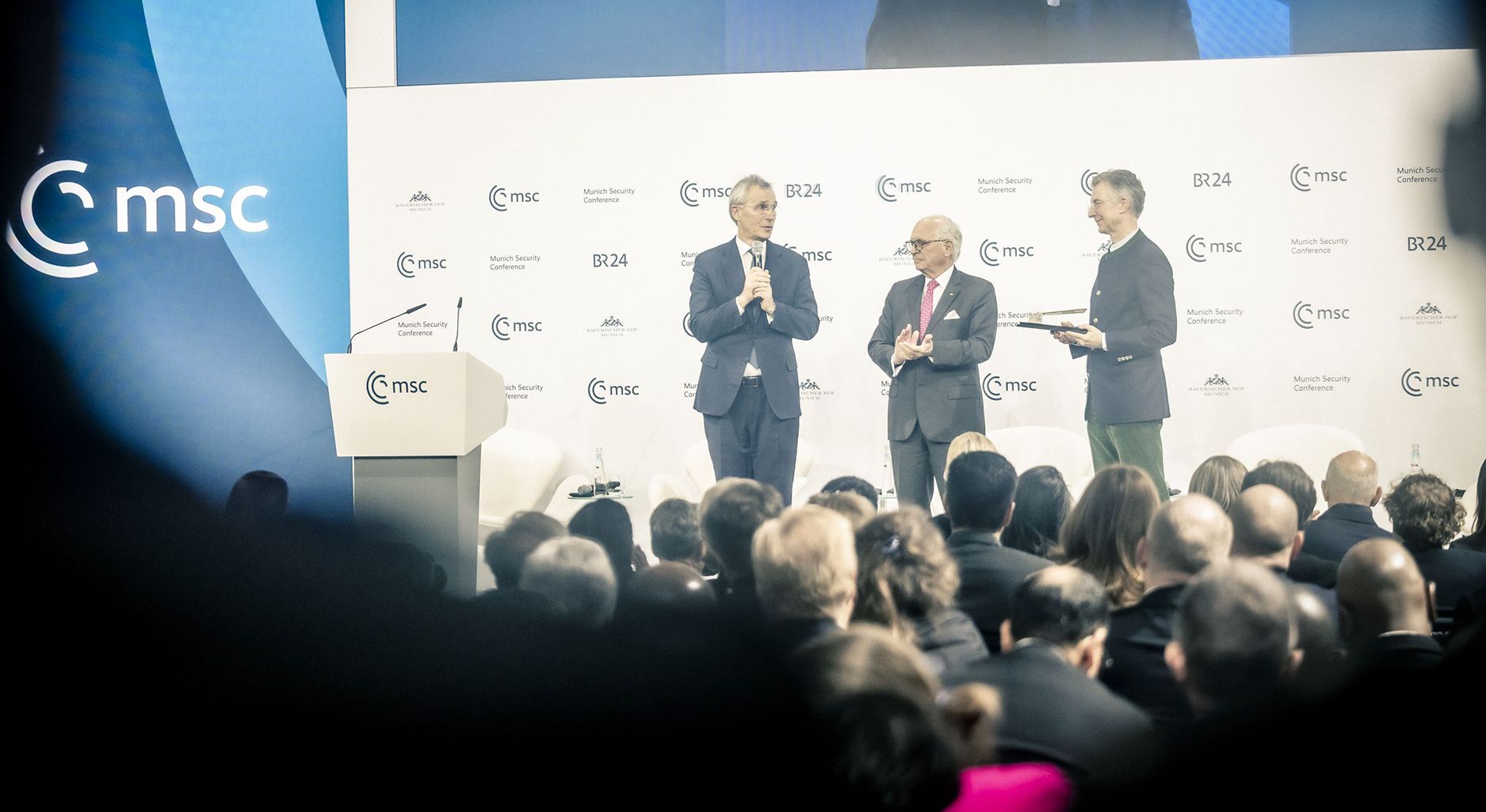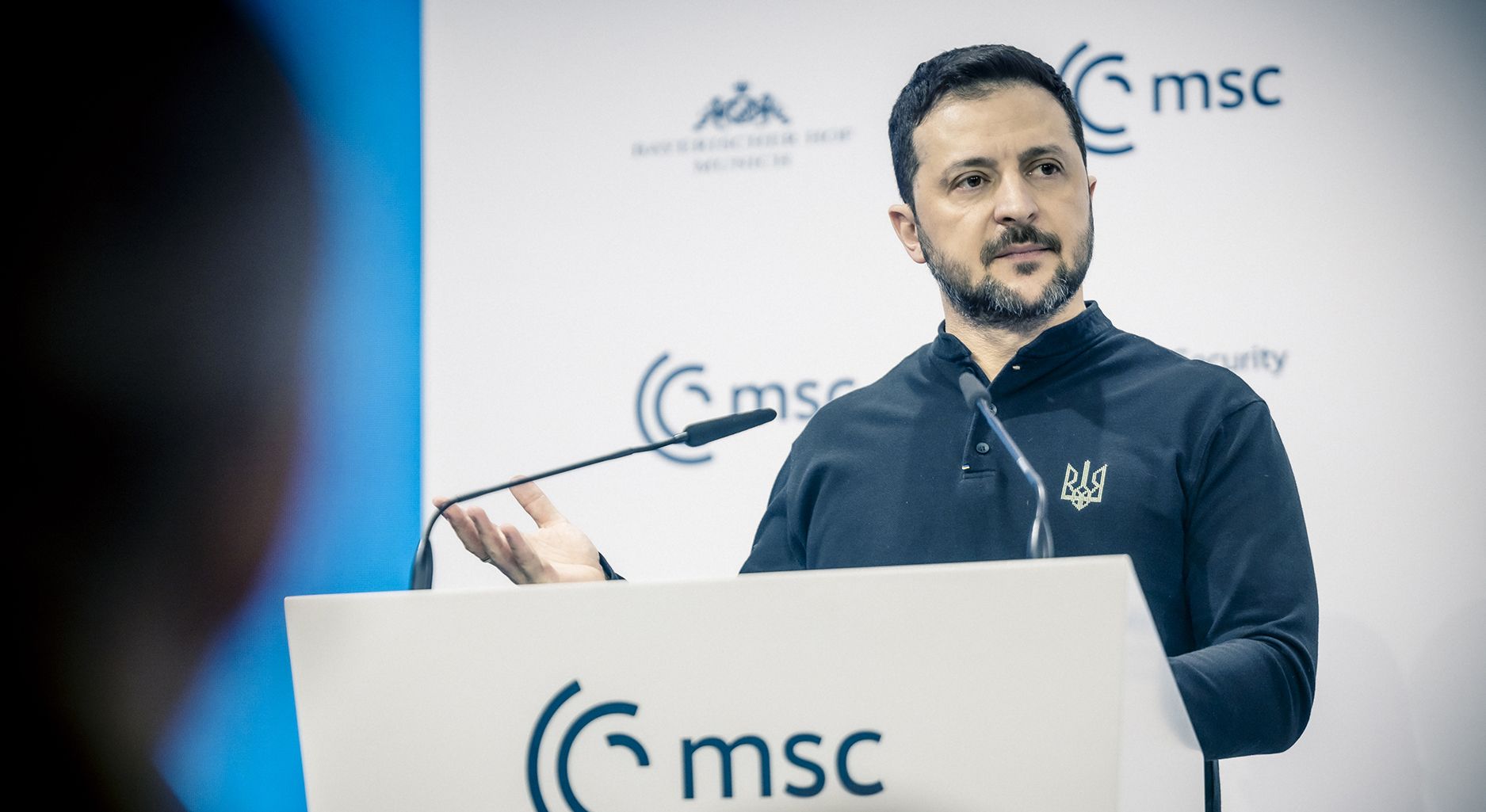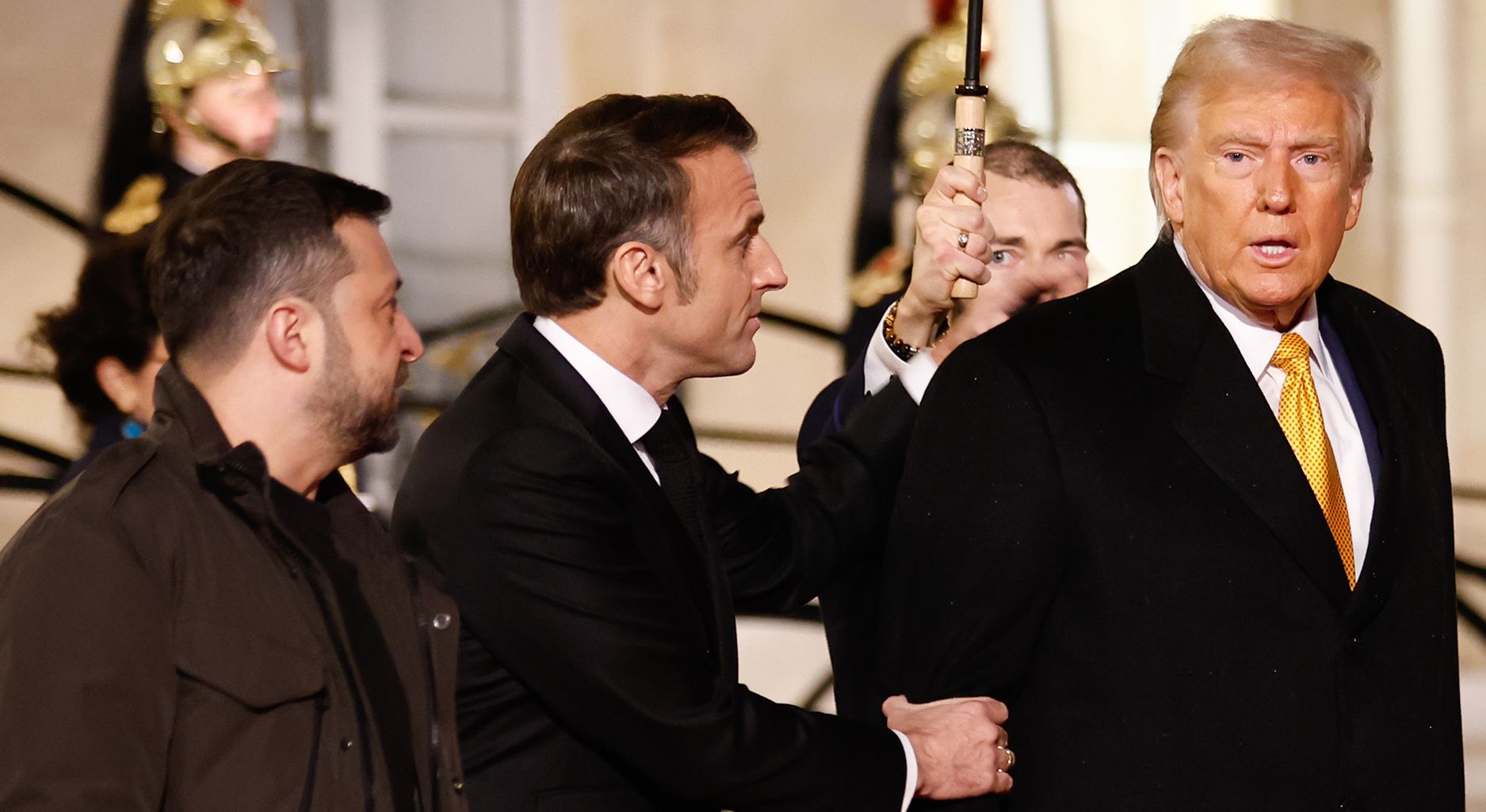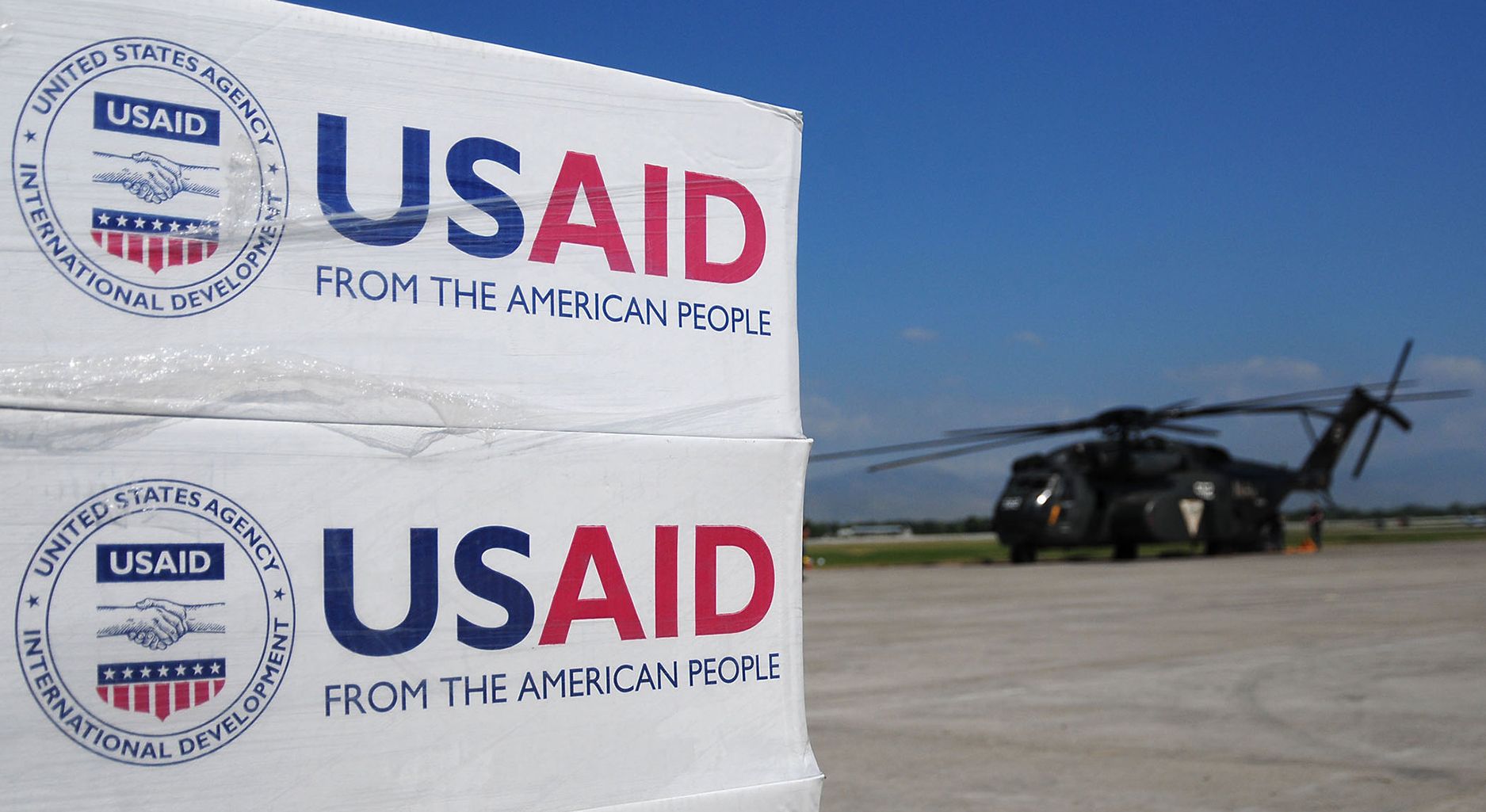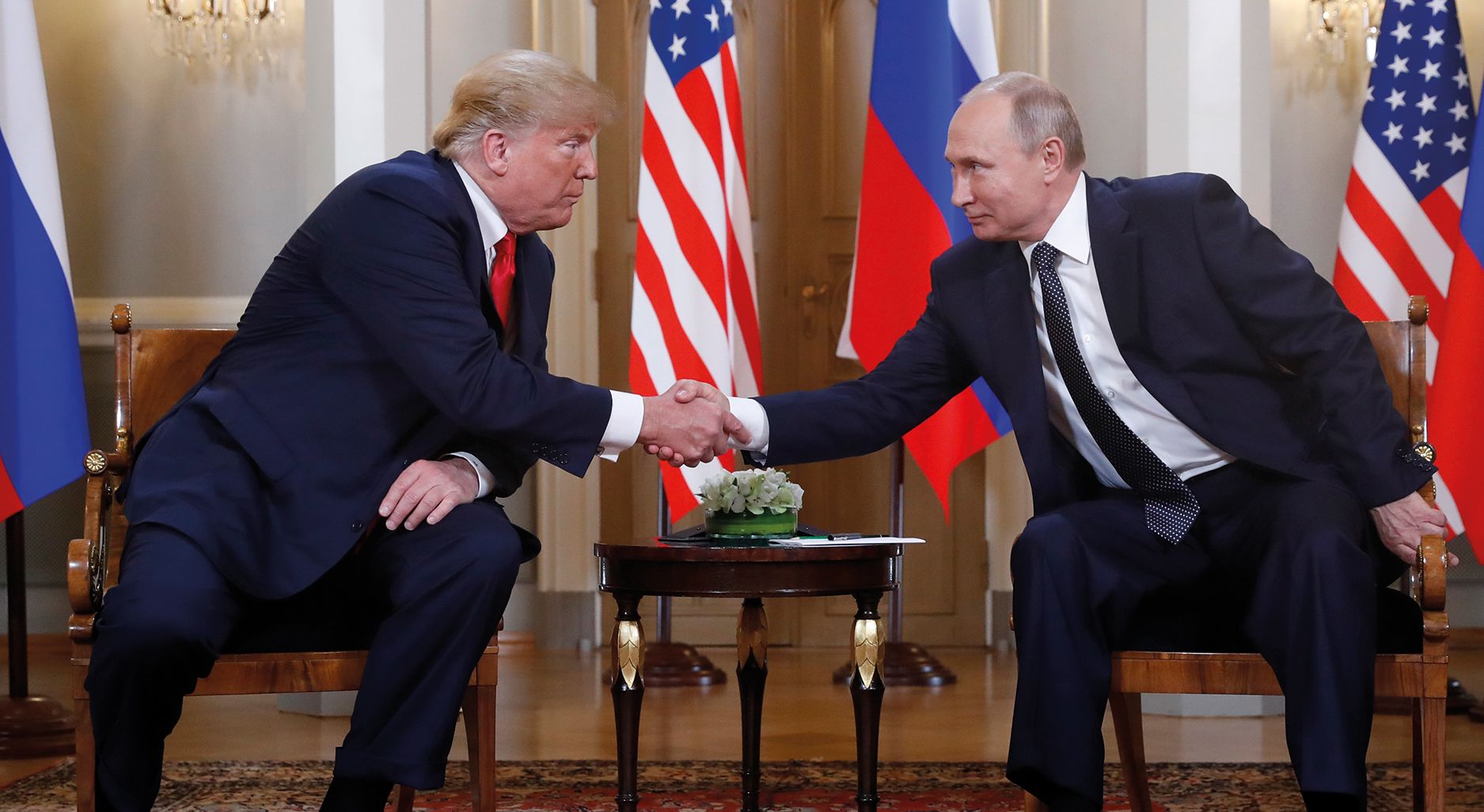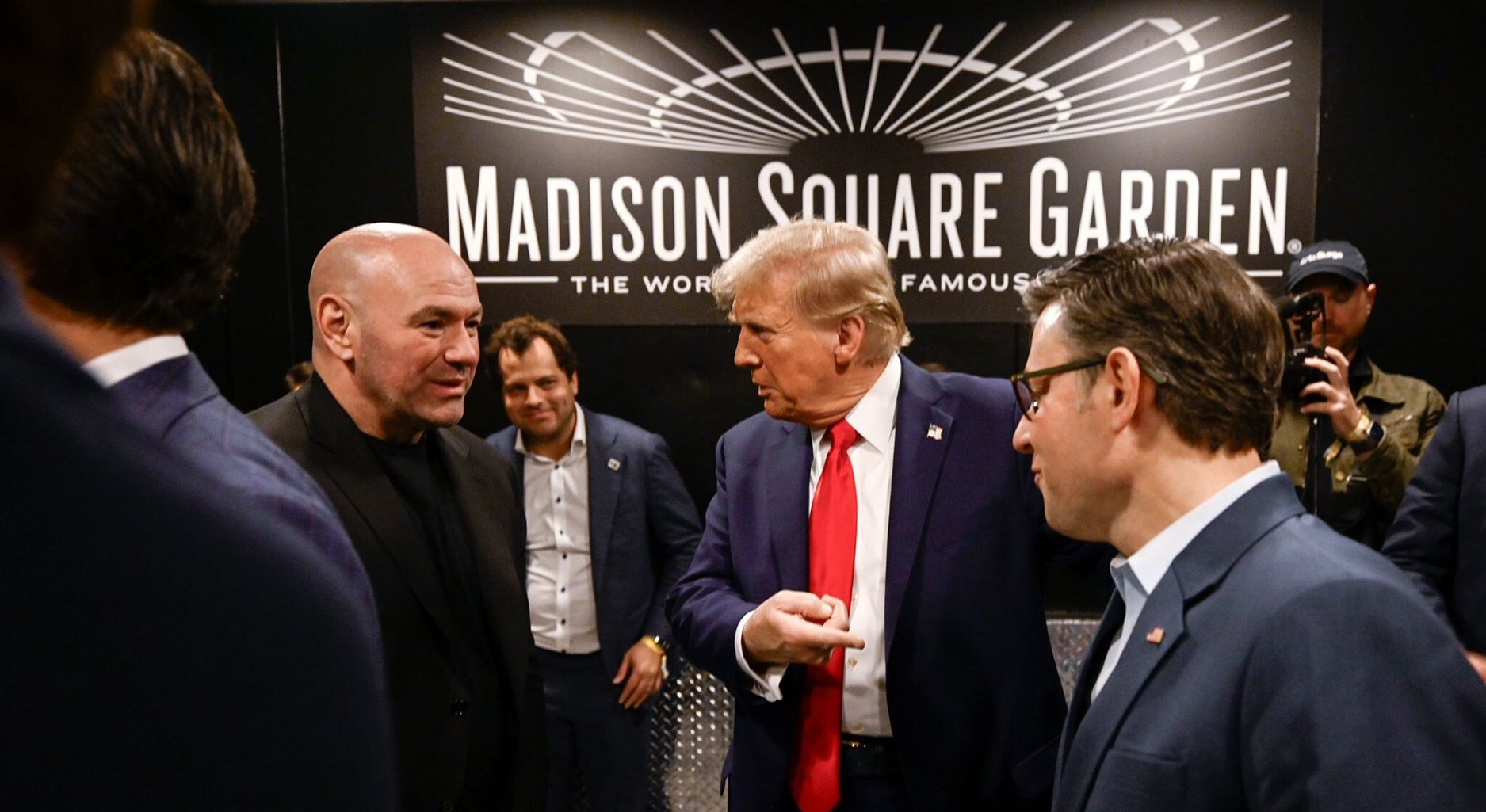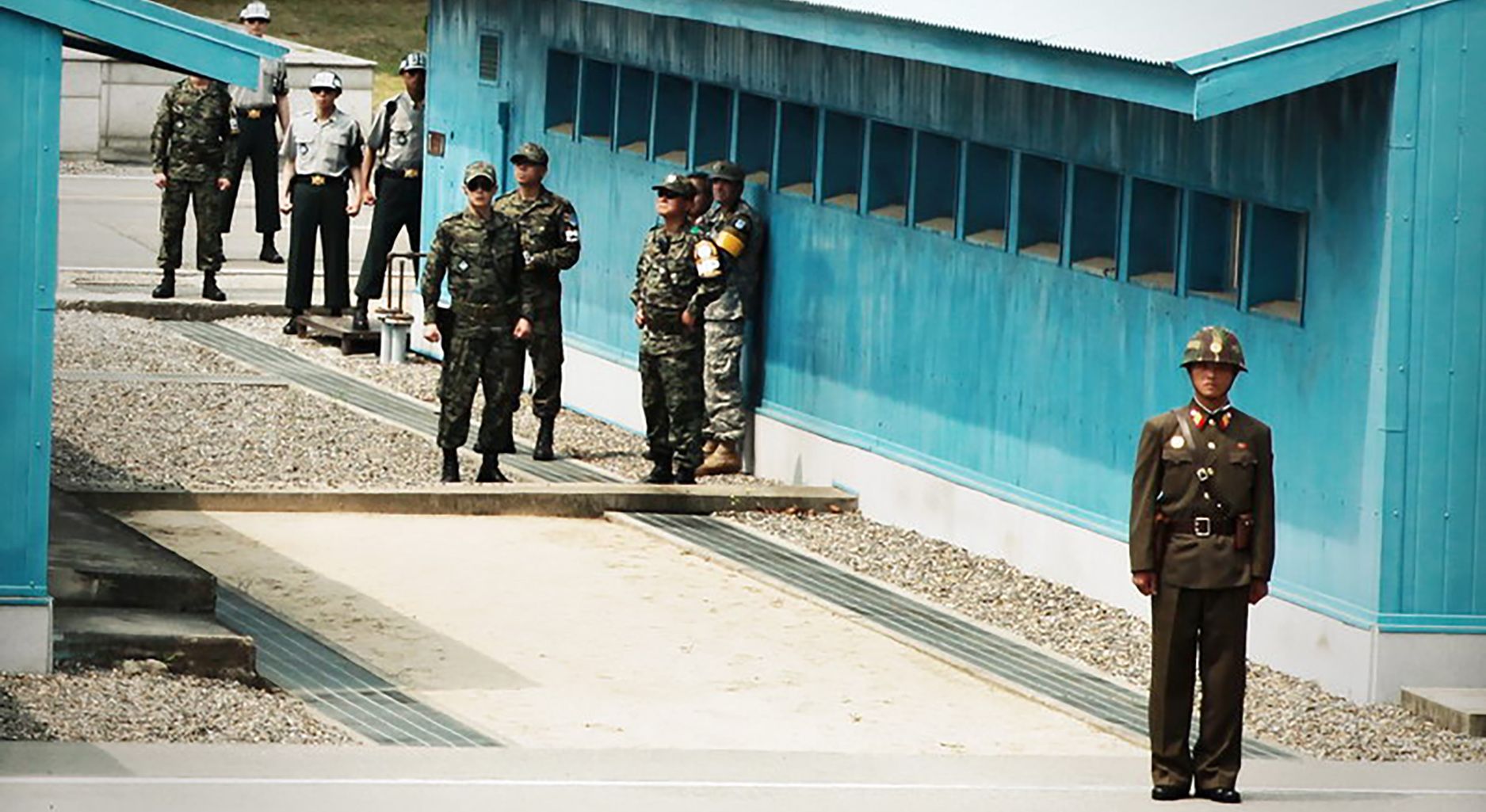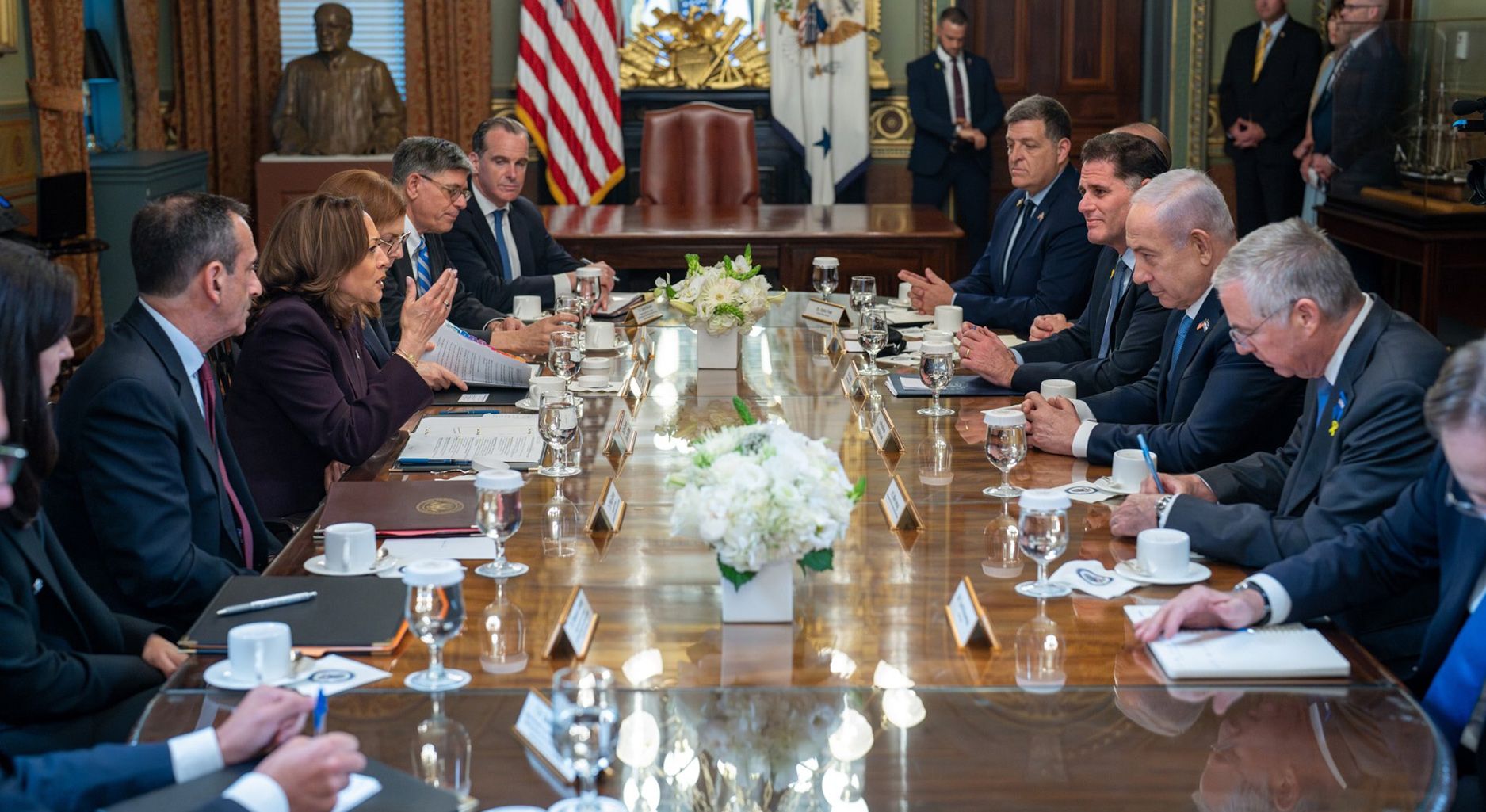Schlagwort: USA
In hindsight, the 2025 Munich Security Conference marked a pivotal moment. Once again the forum brought together decision-makers from around the world to discuss major global security issues, with widespread hope that it would set the stage for a sustainable peace process for Ukraine. Instead, the prospects for such a process have greatly declined, while the conference itself only further demonstrated the diminishing relevance of the ‘global West’. Originally established as a Military Security Conference (Internationale Wehrkunde-Begegnung) focused on European and transatlantic security, the MSC now stands at a crossroads: return to its European roots or expand politically and thematically? Both options come with a price tag.
From Munich to Munich? Three Years of Russia’s Full-Scale Invasion of Ukraine
Three years ago, in Ukraine, I was awoken at 4:45 am by a frightening noise unlike anything I had ever heard. I stared into the darkness behind the window and told myself: it’s not true, it’s not a war, it’s just military exercises. Yet the nightmare of Russia’s full-scale military invasion was real and continues to this day. Since then, Ukrainians have been standing, fighting, and defending themselves, resisting not only Russia but also prophesies of disaster and efforts to undermine support for Kyiv. Despite this, the Ukrainian army still stands and it holds the key to the future.
How a Sustainable Ceasefire Between Russia and Ukraine Could be Reached
The Trump administration’s recent actions have left many uncertain about the prospects and trajectory of the Russo-Ukrainian war. False certainties and anxious interpretations abound. However, some clear tendencies have emerged from Trump’s first few months in office as well as from his last term. Europe’s leaders, while trapped between Trump’s geopolitical flailing, Putin’s ongoing war efforts, and a continent-wide surge in nationalist sentiments, have options at their disposal that could significantly shape upcoming decisions. A lot is at stake, and the time to act is now.
USAID Facing its End? Likely Consequences for International Democracy Promotion
The US government under President Donald Trump has announced a comprehensive shakeup of the US development aid agency USAID. The talk ranges from restructuring or integration into the State Department to complete closure of the organization. Immediately after the announcement, USAID funding was frozen for an initial 90 days and thousands of employees and contractors worldwide are laid off. With the end of USAID as we know it, a fundamental upheaval in international development cooperation and democracy promotion is imminent.
The Resurgence of the Pakistani Taliban – Implications for Afghanistan-Pakistan Relations
In December 2024, the Tehreek-e-Taliban Pakistan (TTP), or Pakistani Taliban, attacked Pakistani security forces. The Taliban, who have taken refuge in Afghanistan, have been targeting Pakistan from their base in Afghanistan. This incident is part of a series of attacks that have been taking place since 2021, in the wake of the US withdrawal from Afghanistan. Initially, it was expected that the return of the Afghan Taliban would benefit Pakistan's strategic interests. However, the opposite has happened. This article examines why and how the TTP is catalysing a gradual deterioration of the relationship between the neighbouring countries of Afghanistan and Pakistan (Af-Pak).
Reducing Nuclear Threats: Why Talks on Ending the War in Ukraine Should Include Agreements on Nuclear Risk Reduction
As the new U.S. administration pivots toward negotiating a ceasefire in the Ukraine war, the growing nuclear threat from Russia demands urgent attention. Drawing on Cold War history and negotiation research, this analysis highlights how arms control – formal or informal – can help curb nuclear risks even in the most volatile crises. German and transatlantic policy makers should therefore integrate practical arms control and risk reduction measures into ceasefire discussions to safeguard European security and prevent nuclear escalation.
Trump, White, Rogan – Männlichkeit, Härte und Faschismus: eine nicht ganz so neue Verbindung toxischer Männlichkeitskultur
Nun ist es Gewissheit: Donald J. Trump wird die USA für eine weitere Amtszeit regieren. Viel wurde in den vergangenen Wochen über Trumps Wahlkampfstrategie diskutiert. Obwohl der Erfolg auf eine Vielzahl von Faktoren zurückzuführen ist, steht fest: Trump hat mit enormen Mobilisierungsaufwand die spezifische Zielgruppe junger Männer adressiert. Die Auftritte fanden häufig über sogenannte Alternativmedien in einem maskulinen, heterosexuellen und gewaltaffinen Umfeld mit rechtsoffenen bis rechtsextremen Persönlichkeiten statt. Dies gilt es ernst zu nehmen und in einem multifaktoriellen Kontext zu analysieren.
Mehr als nur Abschreckung: Mittelstreckenwaffen und Multi-Domain-Operationen in Europa
Seit die USA und Deutschland am Rande des NATO-Gipfels 2024 bekanntgegeben haben, dass ab 2026 konventionelle Mittelstreckenwaffen in Deutschland stationiert werden sollen, stehen die neuen Waffensysteme im Fokus der sicherheitspolitischen Diskussion. Dabei werden Rolle und Bedeutung der Systeme hauptsächlich unter dem Gesichtspunkt der Abschreckung diskutiert. Allerdings spielen sie auch eine zentrale Rolle im neuen Multi-Domain-Operationskonzept der US-Armee. Um alle Dimensionen der geplanten Stationierung erfassen zu können, müssen die weitreichenden Waffen deshalb auch unter dem Aspekt der Kriegsführung betrachtet werden.
U.S. Elections and Their Potential Impact on U.S.-Korean Relations
The upcoming U.S. elections signal a potential shift in U.S.-Korean relations. While Kamala Harris would likely continue President Biden’s focus on sanctions and deterrence, Donald Trump might just as easily revive diplomatic talks as cause another flare-up of tensions on the Korean peninsula. Meanwhile, South Korea is concerned about U.S. security commitments and currently debating whether to pursue its own nuclear deterrent. The Washington Declaration reaffirms U.S.-South Korean cooperation, but the conservative security proposal, Project 2025, hints at potential reductions in U.S. military presence. These developments raise questions about South Korea’s security and the broader stability of East Asia.
Unterschiede, die keinen Unterschied machen? Trump, Harris und der israelisch-palästinensische Konflikt
Die USA sind der wichtigste Verbündete Israels, doch die Kriegführung Israels im Gaza-Streifen stellt diese Jahrzehnte währende „besondere Beziehung“ derzeit auf eine Belastungsprobe. Nun stehen die US-Wahlen an: Wie würden sich Trump und Harris im Falle ihrer Wahl gegenüber dem Gaza-Krieg und dem israelisch-palästinensischen Konflikt positionieren? Und würden die Unterschiede zwischen ihnen tatsächlich einen Unterschied machen mit Blick auf eine langfristige Lösung des Konflikts?
